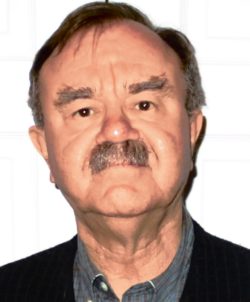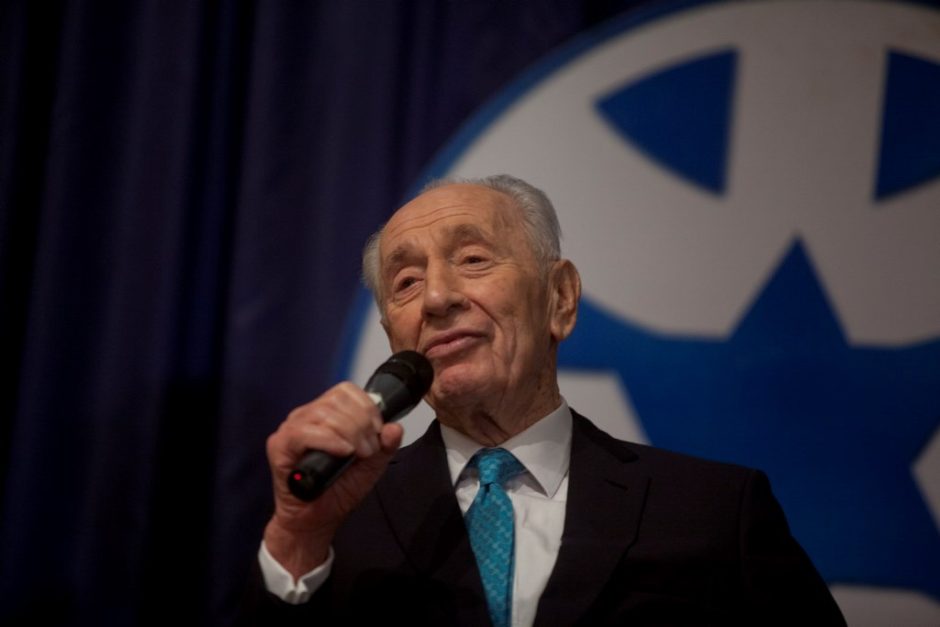
With the passing of Shimon Peres on September 28, Israel has lost the last of its major founding fathers.
Peres, who was 93, had a career in public service that spanned more than six decades. He held almost every senior post in Israeli politics, including those of prime minister, foreign minister, defence minister, finance minister and president.
Many world and Mideast leaders will attend his funeral on September 30. The United States delegation will consist of, among others, President Barack Obama, former President Bill Clinton, and Secretary of State John Kerry.
Also planning to attend was Canadian Prime Minister Justin Trudeau, who in a statement said that Peres made a great contribution to the founding and building of Israel, but also sought to promote understanding between his country and its Arab neighbors.
An early hardliner on Palestinian relations, Peres later became both the prime advocate for the Oslo peace process and a Nobel Peace Prize laureate.
Elected to the Knesset, the Israeli parliament, in 1959, Peres rose steadily through a variety of ministerial posts, along with three stints as prime minister, in 1977, 1984-1985, and for seven months in 1995 and 1996.
He served as a member of the Knesset continuously for 48 years, except for one three-month period. It was the longest Knesset tenure in Israeli history, ending only in 2007, when he assumed the presidency.
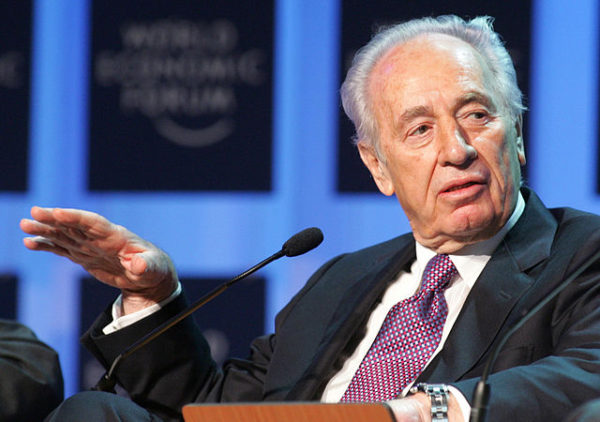
Despite this, he often faced electoral defeat. He led his Labor Party in five national elections between 1977 and 1996 but failed to win a single one. He lost four outright. The fifth, in 1984, resulted in a dead heat between him and Likud leader Yitzhak Shamir, forcing them to share the top slot in an awkward “rotation.”
In 2000, he lost his race for the presidency against a minor politician, Moshe Katzav, who’s now serving a prison term. The post required approval not of the voters, Peres’ perennial stumbling block, but of the 120 members of the Knesset. He was defeated anyway.
In 2007, after Katzav was forced to resign from the presidency because of a scandal, Peres was finally elected president of Israel — and even then, on a second ballot.
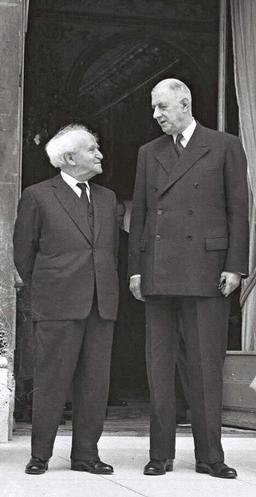
Peres was first an advocate of David Ben-Gurion’s hawkish defence views. He was the one Israel’s first prime minister entrusted with crucial missions of national security.
Appointed by Ben-Gurion to be director-general of the Defence Ministry in 1953, Peres led the drive to create a homegrown Israeli arms industry.
In 1956, he negotiated the purchase from France of Israel’s first nuclear reactor, and oversaw the reactor’s secret construction in the Negev town of Dimona.
France agreed to provide the Jewish state with all of the knowledge, equipment, materials and manpower required for the project. Five years later, Israel had its first nuclear bomb. These weapons arguably remain the central factor deterring Israel’s enemies from trying to annihilate it.
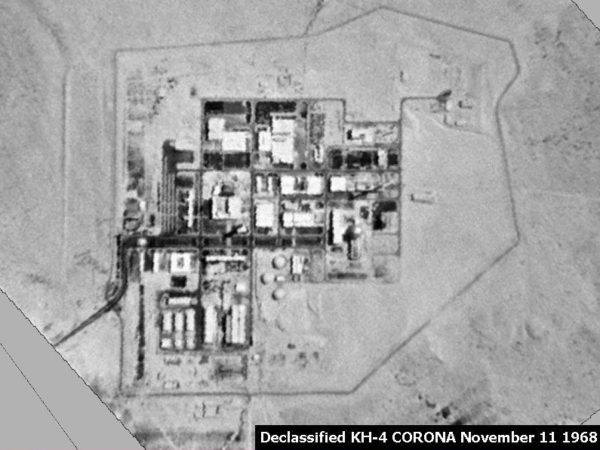
For three years following the 1973 Yom Kippur War, Peres again played a central role in the country’s security as defence minister. In that role, he was involved in the disengagement negotiations that led to the 1975 disengagement agreement with Egypt.
During the 1980s, Peres underwent a transformation from hawk to dove. By 1984 he was Israel’s leading advocate of a land-for-peace compromise. As prime minister in 1984-86, as part of the power-sharing pact with Likud, he pulled some troops back from Lebanon and improved relations with Egypt.
Later, as foreign minister, he spearheaded secret negotiations, conducted with the help of Norwegian diplomats, which led to the 1993 Oslo peace accords between Israel and the Palestine Liberation Organization.
The accords established limited Palestinian self-rule in the West Bank and Gaza under a new Palestinian Authority, led by PLO chairman Yasser Arafat. “What we are doing today is more than signing an agreement; it is a revolution,” he said. “Yesterday a dream, today a commitment.”
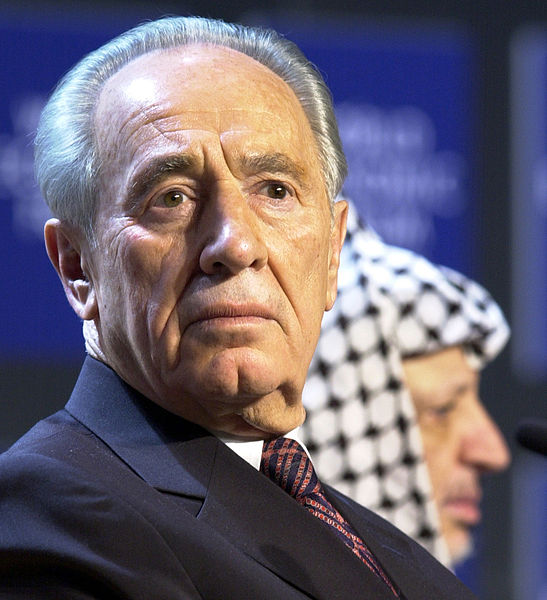
In 1994, Peres shared the Nobel Peace Prize with Prime Minister Yitzhak Rabin and Arafat for his role in crafting the deal.
In November 1995, a right-wing student assassinated Rabin, and Peres became prime minister again. However, ongoing conflict with terrorists in Hamas and Hezbollah led to Peres’ defeat in the 1996 election, which brought Likud’s Benjamin Netanyahu to power. The following year, Peres stepped down as Labor Party leader and was replaced by Ehud Barak.
In 1996, he founded the Peres Center for Peace, an organization promoting peace-building between Israel and its neighbors, especially the Palestinians and Jordan, as well as between Jewish and Arab citizens of Israel.
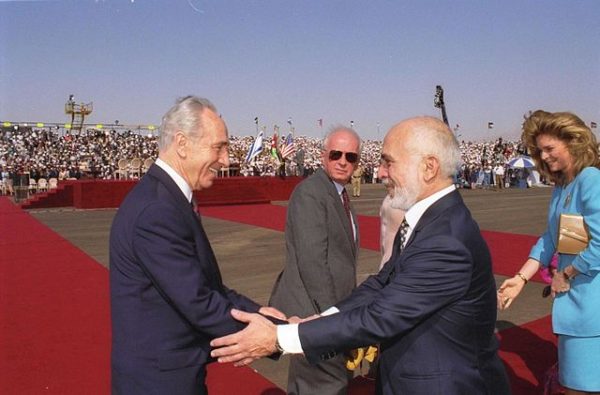
Peres told the United Nations General Assembly in 2001 that in Israel, “there is support for a Palestinian independence, support for a Palestinian state,” even though it was not yet government policy. Peres also supported Ariel Sharon’s withdrawal from the Gaza Strip in 2005.
As reports became more frequent a few years ago that Netanyahu was planning to attack Iran’s nuclear installations, Peres took advantage of his 89th-birthday celebrations to speak out publicly against it.
The presidency, which he finally attained in 2007, allowed Peres to travel around the world, promoting Israel’s high-tech prowess and cultural reach.
In his 1994 Nobel acceptance speech, Peres had articulated his future-oriented vision. “Countries used to divide the world into their friends and foes,” he declared. “No longer. The foes now are universal: poverty, famine, religious radicalization, desertification, drugs, proliferation of nuclear weapons, ecological devastation. They threaten all nations, just as science and information are the potential friends of all nations.”
Peres believed that technology could be a force to transform and bring peace to the Middle East. Partly for that reason, he was also an advocate of closer Israeli relations with China. Chinese Foreign Ministry spokesperson Geng Shuang called Peres’ death not only a loss for peace in the Middle East, but also to the China-Israel relationship.
In fact, Zhang Dejiang, chairman of the Standing Committee of the Chinese National People’s Congress, visited Israel and met with President Reuven Rivlin and Prime Minister Benjamin Netanyahu the week before Peres died.
Zhang told the Israeli leaders that there is great potential for China and Israel to enhance their cooperation in various fields such as innovation, environmental protection, agriculture and biology.
In April 2013, Peres announced he would not seek to extend his tenure beyond 2014. At age 90, he was the oldest head of state in the world.
Henry Srebrnik is a professor of political science at the University of Prince Edward Island.
